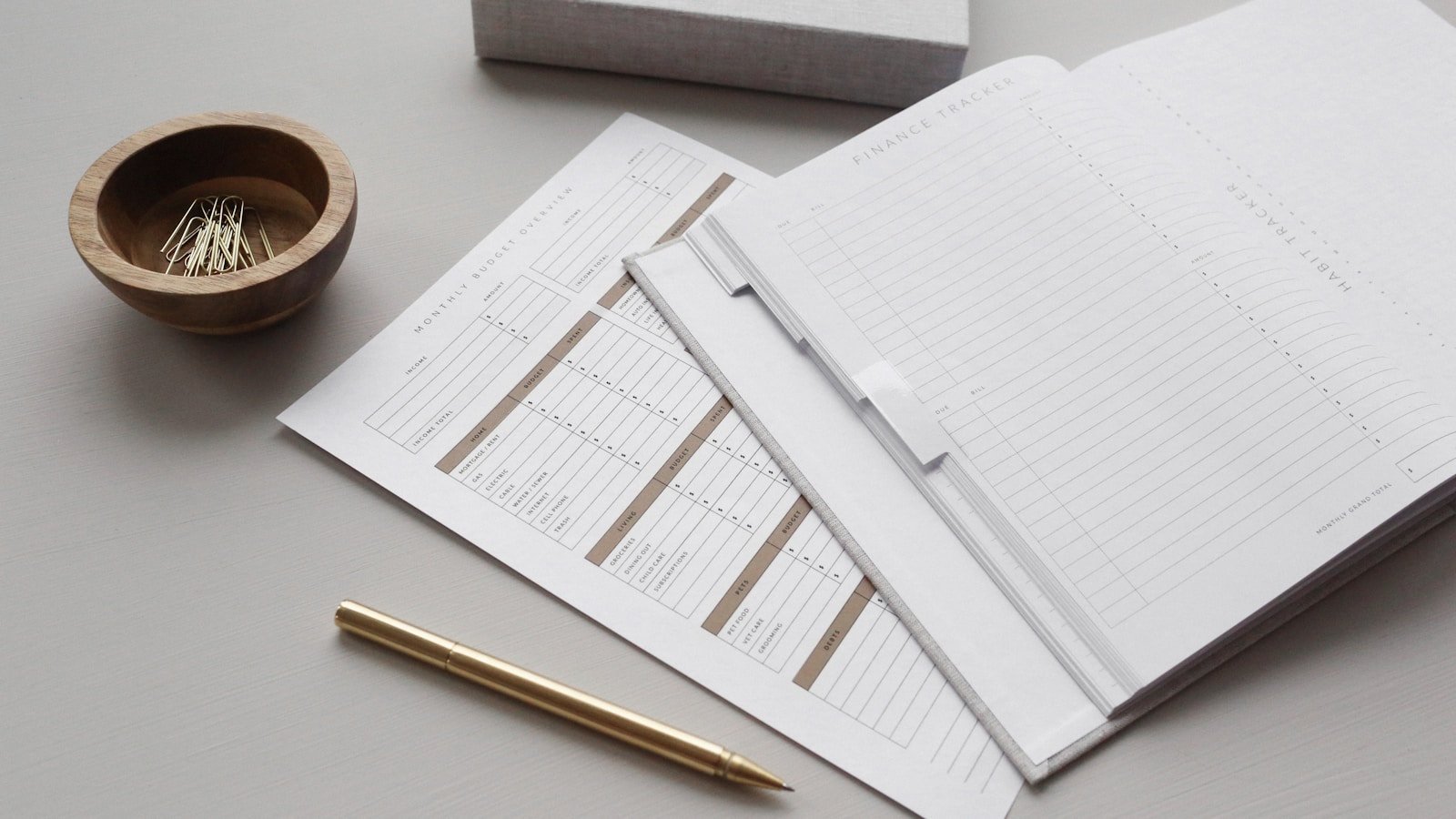
How to Build Good Financial Habits With Examples
Table of Contents
How to Build Good Financial Habits With Examples

Introduction
Financial stability and success are often attributed to good financial habits. However, forming these habits and actually sticking to them can be a challenging endeavor. In this comprehensive blog post, we will delve into the strategies and examples of how to build and maintain good financial habits that can lead to long-term financial success.
Understanding the Importance of Good Financial Habits
Before we dive into the practical steps of building good financial habits, let’s first understand why they are so crucial. The ability to manage money effectively is essential for achieving financial goals, reducing stress, and building a secure future. By developing and maintaining good financial habits, individuals can cultivate a healthy relationship with money and take control of their financial well-being.
Identifying the Key Financial Habits to Adopt
The first step in building good financial habits is identifying the habits that are most conducive to financial success. Some key habits include:
Creating a Budget
- Creating a budget and sticking to it is fundamental to good financial management. By tracking expenses and income, individuals can gain a clear understanding of their financial situation and identify areas for improvement.
Paying Yourself First
- Prioritizing savings by setting aside a portion of income before covering expenses is a crucial habit for building long-term financial security.
Avoiding Impulse Spending
- Learning to differentiate between needs and wants and avoiding unnecessary expenses can significantly impact one’s financial well-being.
Managing Debt Responsibly
- Understanding the implications of debt and working towards reducing and managing it responsibly is essential for long-term financial health.
Strategies for Building Good Financial Habits
Set Clear and Attainable Goals
- By setting specific financial goals such as saving for a down payment on a house, taking a vacation, or building an emergency fund, individuals can create a roadmap for their financial journey.
Automate Savings and Payments
- Setting up automatic transfers to a savings account or automatic bill payments can help individuals stick to their financial plans without the temptation to deviate.
Educate Yourself on Financial Literacy
- Taking the time to understand the principles of personal finance can empower individuals to make informed financial decisions and stay committed to their financial goals.
Cultivate Discipline and Patience
- Building good financial habits requires discipline and patience. It takes time and consistent effort to see the positive impact of these habits on one’s financial well-being.
Examples of Good Financial Habits in Action
Sarah’s Budgeting Success Story
- Sarah, a working professional, struggled with overspending and accumulating credit card debt. However, after creating a detailed budget and diligently tracking her expenses, she was able to pay off her debt and start saving for a down payment on her dream home. Sarah’s commitment to budgeting helped her achieve financial stability and peace of mind.
John’s Wise Savings Strategy
- John, a recent college graduate, understood the importance of saving early in his career. By automating a portion of his income to be deposited into a high-yield savings account, John was able to build a substantial emergency fund and start investing for his future. His consistent savings approach provided him with financial security and opportunities for growth.
Bonus: 17 Tiny Habits That Made Me Rich
Watch this video on YouTube: https://www.youtube.com/watch?v=9ul0PVpQl58
Conclusion
Building good financial habits is a transformative journey that requires dedication, accountability, and a long-term perspective. By understanding the importance of these habits, identifying key practices to adopt, implementing effective strategies, and drawing inspiration from real-life examples, individuals can embark on a path towards financial empowerment and prosperity. It’s never too late to start building good financial habits that stick, and the rewards are well worth the effort.
Explore more in Personal Finance for Beginners








